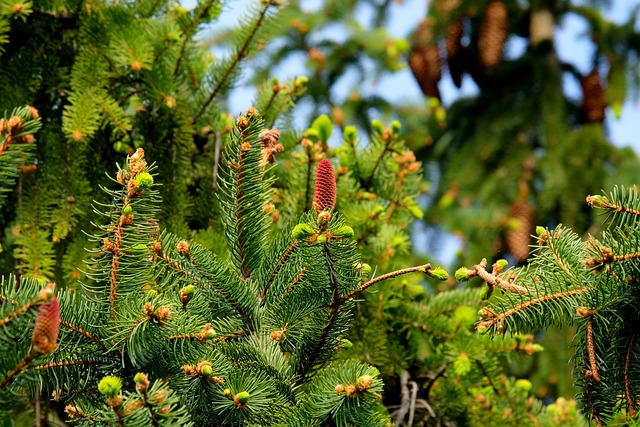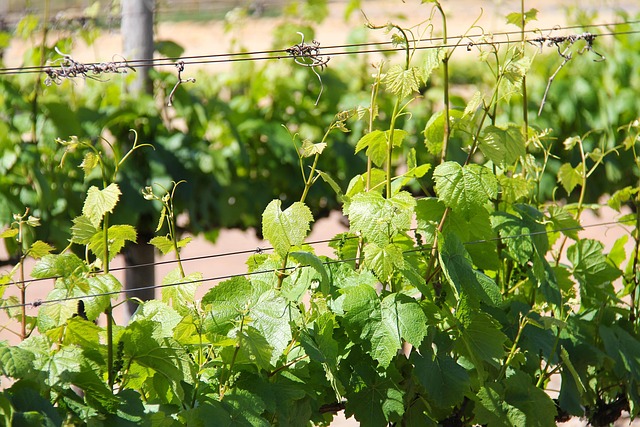Crafting a Sustainable Strategy to Nurture Nature
In an age where environmental awareness is more crucial than ever, the concept of a sustainability strategy in gardening is not just beneficial but a necessity. As we grow our gardens, we have the incredible opportunity to connect with nature while ensuring that our practices are eco-friendly and supportive of the environment.
Understanding the Importance of Eco-Friendly Gardening
Gardening is not merely a hobby; it is a profound way to interact with the world around us. When we embrace an eco-conscious approach, we cultivate not just plants but a thriving environment. Sustainable gardening reduces carbon footprints, improves biodiversity, and nurtures healthy soil. By adopting eco-friendly principles, we ensure that our spaces are rich with life and contribute positively to the planet.
Embracing the Green Philosophy
To initiate a sustainable strategy, consider the materials you use. Organic fertilizers and compost are excellent alternatives to chemical pesticides and fertilizers, which can harm the environment. These green options not only enhance soil health but also invite beneficial organisms that play a vital role in plant growth. Transforming your kitchen waste into compost not only reduces landfill waste but also enriches the garden, creating a beautiful cycle of eco-friendliness.
Water Conservation Techniques
In the context of sustainability, water is a precious resource. Implementing water-wise gardening techniques such as rainwater harvesting and drip irrigation systems ensures that you are conserving water while nurturing your plants. Additionally, choosing native plants can significantly reduce water usage since they are adapted to the local climate and require less maintenance. These plants not only conserve water but also provide habitats for local wildlife, fostering a flourishing ecosystem.
Creating a Biodiverse Haven
A diverse garden is a healthy garden. When you integrate a wide variety of plants, you establish a balanced ecosystem. Incorporating trees, shrubs, flowers, and vegetables creates habitats for different species. By planting a mix of perennials and annuals, you attract pollinators like bees and butterflies, which are crucial for the health of our environment. Embracing biodiversity in your gardening strategy also means less reliance on chemical treatments, as natural predators help manage pest populations.
Connecting with Nature
Gardening is an intimate way to engage with nature. The experience of planting a seed, nurturing it, and witnessing it bloom can be profoundly rewarding. Take time to enjoy your garden; observe the insects at work and the birds chirping nearby. This connection fosters a sense of responsibility towards the environment, igniting the desire to protect and sustain it. Incorporating eco-friendly practices into your gardening reflects a deep respect for nature and a commitment to preserving it for future generations.
Conclusion
As you navigate your gardening journey, remember that adopting a sustainability strategy is not only about the plants you grow but about the legacy you leave behind. With each eco-friendly choice, you contribute to a healthier planet. Together, let’s nurture nature, creating beautiful spaces that celebrate life while protecting our precious environment.




